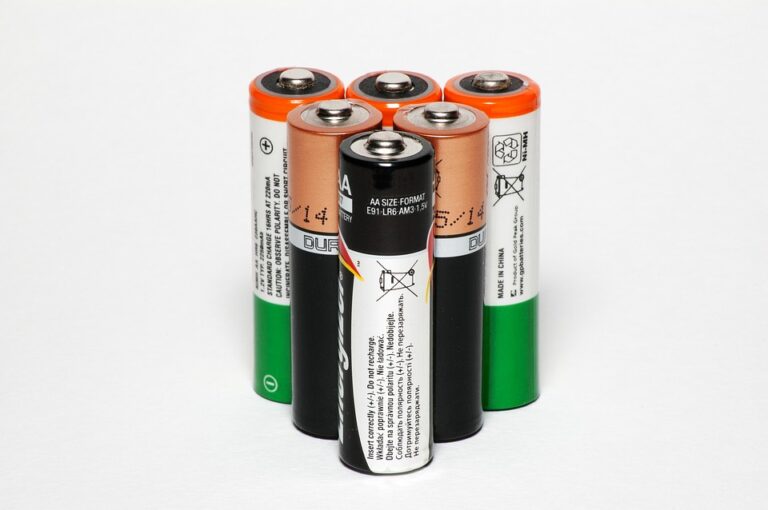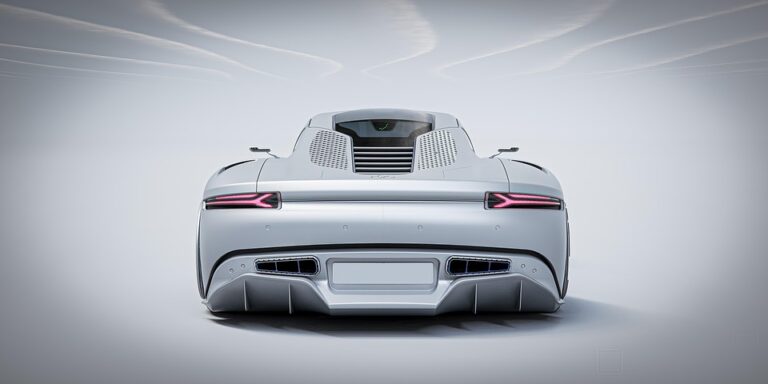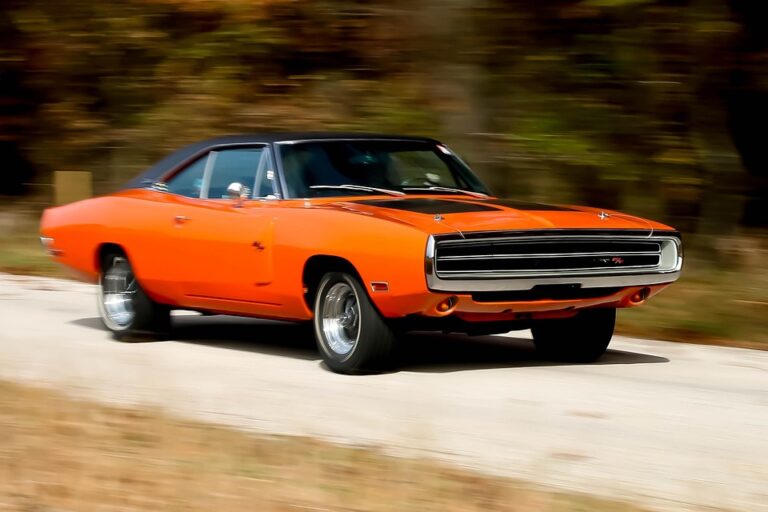
Understanding the Common Types of Car Chargers: A Comprehensive Guide for UK Drivers
Navigating the world of car chargers can be as bewildering as finding a parking spot in central London on a Saturday night. With the rise of electric vehicles (EVs) across the UK, understanding the various charging options available has become increasingly essential for drivers. So, what are the common types of car chargers, and how do they differ? Let’s delve into the details.
1. Home Chargers: The Convenience of Charging at Home
Imagine arriving home after a long day, pulling into your driveway, and simply plugging your car in. Home chargers, often referred to as Wallboxes, represent the epitome of convenience. These chargers are typically installed in garages or on driveways and come in two varieties: standard and fast chargers.
-
Standard Chargers: Generally offer a power output of around 3.7 kW. They’re suitable for overnight charging, providing a full charge by morning if you have a modest daily mileage.
-
Fast Chargers: With outputs ranging from 7 kW to 22 kW, these chargers significantly reduce charging time. If you’re one to make spontaneous weekend trips, a fast charger at home could be an invaluable asset.
2. Public Charging Stations: The Lifeline for Long Journeys
For those venturing beyond the confines of their local area, public charging stations are indispensable. These come in various forms, and understanding the distinctions can save you time and frustration.
-
Rapid Chargers: Found at many service stations, these chargers can provide an 80% charge in as little as 30 minutes. They typically operate at 43 kW or higher, making them ideal for quick pit stops during long drives.
-
Slow Chargers: Often located in car parks and shopping centres, these typically deliver around 3 kW. While less convenient for urgent needs, they can be a good option for drivers who plan to stay put for a while.
3. Types of Connectors: The Plug That Fits Your Car
Not all chargers are created equal, especially when it comes to connectors. The most common types in the UK include:
-
Type 2 Connector: The standard for most EVs in Europe, including popular models such as the Nissan Leaf and BMW i3. This connector is versatile and supports both single-phase and three-phase charging.
-
CHAdeMO: Originally developed in Japan, this fast-charging connector is used by brands like Nissan and Mitsubishi. It’s a viable option for rapid charging but is less common than the Type 2 in the UK.
-
CCS (Combined Charging System): This combines AC and DC charging capabilities into one connector and is increasingly becoming the norm for new electric vehicles. If you’re considering a new EV, this is one to watch.
4. Understanding Charging Costs: What to Expect
Charging costs can vary significantly, often leading to confusion among drivers. Public charging stations typically charge per kilowatt-hour (kWh) or offer flat rates. It’s wise to download apps like Zap-Map or PlugShare, which not only help locate chargers but also provide pricing transparency.
Yet, how do these costs compare to traditional petrol or diesel? According to the UK Government, charging an EV can be significantly cheaper than filling up with fossil fuels, especially when charging at home during off-peak hours. It’s a question of understanding your driving habits and finding the best balance for your needs.
5. Future Developments: What Lies Ahead?
As the UK strives to meet its ambitious carbon-neutral targets by 2050, the landscape of EV charging is poised for transformation. Innovations such as wireless charging and ultra-rapid charging stations are on the horizon, promising to make charging even more seamless. The question remains: how quickly will the infrastructure adapt to these advancements?
The growing emphasis on sustainability also raises queries about the energy sources used to power these chargers. Will the shift towards renewables keep pace with the surge in electric vehicle adoption? These are critical conversations that need to be addressed as we move forward.
Understanding the various types of car chargers is essential for every UK driver embracing the electric revolution. Whether you opt for the convenience of a home charger or rely on public stations during your travels, knowledge is your best ally.
As you navigate this evolving landscape, remember that BargainsTrust continues to bring you curated information on the best products and solutions to enhance your driving experience. Stay informed, stay charged!







